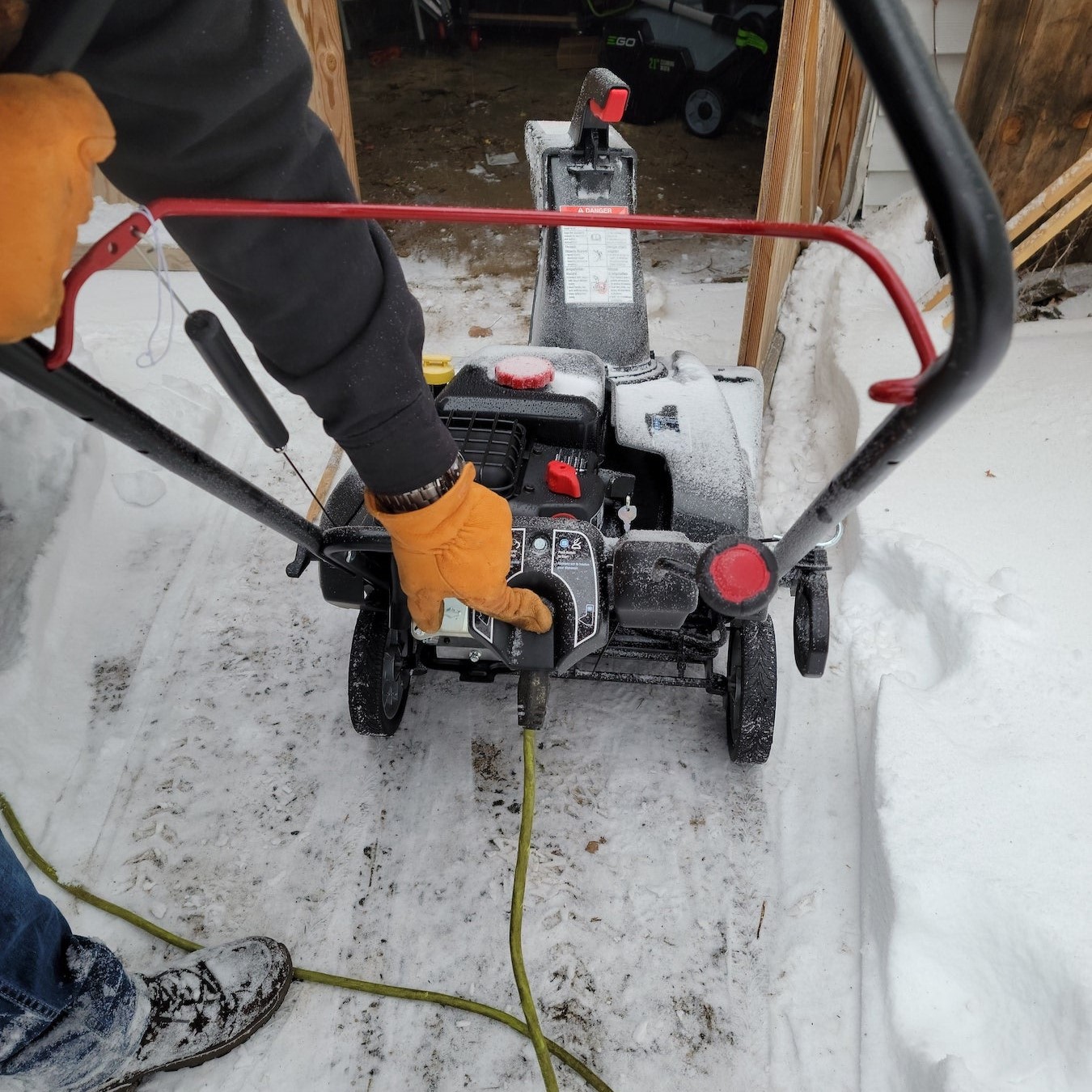

Articles
Which Electrical Cord Is Best For Snow Blower
Modified: August 17, 2024
Looking for the best electrical cord for your snow blower? Check out our articles for expert advice and recommendations.
(Many of the links in this article redirect to a specific reviewed product. Your purchase of these products through affiliate links helps to generate commission for Storables.com, at no extra cost. Learn more)
Introduction
When preparing for the winter season, one of the essential tools you’ll need to keep your property clear of snow is a snow blower. These powerful machines require a reliable electrical cord to properly operate. However, with so many options available on the market, it can be challenging to determine which electrical cord is best for your snow blower.
In this article, we will discuss the various factors to consider when choosing an electrical cord for your snow blower. We will explore the different types of cords available, the importance of length and gauge, and the safety considerations you should keep in mind. By the end of this article, you will have a clear understanding of which electrical cord is the best fit for your snow blower and how to ensure a safe and efficient snow clearing experience.
So, without further ado, let’s dive into the world of electrical cords for snow blowers and find the perfect match for your winter needs.
Key Takeaways:
- Choose an electrical cord for your snow blower based on power requirements, length, gauge, and durability to ensure safe and efficient snow clearing without compromising performance or risking damage.
- Prioritize safety by inspecting cords, using GFCI outlets, avoiding overloading, keeping cords dry, proper storage, and selecting high-quality, weather-resistant cords for worry-free snow clearing.
Factors to Consider When Choosing an Electrical Cord
When it comes to selecting the right electrical cord for your snow blower, there are several factors you should take into consideration. Each factor plays a crucial role in ensuring the effectiveness, safety, and longevity of your snow blower’s operation. Here are the key factors to keep in mind:
- Power Requirements: The first factor to consider is the power requirements of your snow blower. Check the user manual or the manufacturer’s specifications to determine the voltage and wattage needed. A cord that cannot handle the required power may overheat or cause damage to your snow blower.
- Cord Length: The length of the electrical cord is an important consideration, as it determines how far your snow blower can reach from the power source. Measure the distance between your power outlet and the area where you will be using the snow blower. Ensure that the cord you choose is long enough to provide sufficient mobility without the need for extension cords.
- Gauge: The gauge of an electrical cord refers to its thickness and determines the amount of electrical current it can safely carry. For snow blowers, a lower gauge number indicates a thicker cord, capable of carrying higher current loads. It is recommended to choose a cord with a gauge suitable for the power requirements of your snow blower to avoid overheating and potential hazards.
- Outdoor Use: Since snow blowers are primarily used outdoors, it is crucial to select an electrical cord specifically designed for outdoor use. Look for cords that are labeled as “weather-resistant” or “suitable for outdoor use” to ensure they can withstand exposure to moisture, cold temperatures, and other environmental elements.
- Durability: Snow clearing can be a demanding task, and your electrical cord needs to withstand the rugged conditions. Look for cords with durable insulation, sturdy connectors, and strong construction to ensure they can withstand the rigors of winter weather and frequent usage.
By considering these factors when choosing an electrical cord for your snow blower, you can ensure that you have a cord that is suitable for your specific needs and provides a safe and reliable power source for your snow clearing tasks.
Types of Electrical Cords for Snow Blowers
When it comes to choosing an electrical cord for your snow blower, you have a few different options to consider. Here are the most common types of electrical cords available for snow blowers:
- Vinyl Extension Cords: Vinyl extension cords are the most widely used type of electrical cords for snow blowers. They are flexible, affordable, and suitable for general outdoor use. However, they may not be as durable as other options, and they can become stiff in cold temperatures.
- Rubber Extension Cords: Rubber extension cords are more durable and flexible than vinyl cords, making them a popular choice for outdoor use. They are better able to withstand cold temperatures and extreme weather conditions. Rubber cords also have a higher resistance to abrasions and cuts, reducing the risk of damage.
- Action Cords: Action cords, also known as all-weather cords, are specifically designed for heavy-duty outdoor use. They are constructed with high-quality materials, such as heavy-duty rubber and durable insulation, to provide superior performance in harsh weather conditions. Action cords are highly resistant to moisture, oil, and chemicals, making them ideal for snow clearing tasks.
- Tri-Tap Cords: Tri-tap cords are designed with multiple outlets, allowing you to plug in multiple devices at once. This type of cord can be convenient if you need to power other tools or equipment alongside your snow blower. Just ensure that the total power consumption does not exceed the cord’s capacity.
- Retractable Cords: Retractable cords offer a space-saving solution, as they can be easily retracted and stored when not in use. These cords typically have a coiled design, allowing for easy extension and retraction. Retractable cords are convenient for those who want to minimize clutter and keep their workspace organized.
When selecting the type of electrical cord for your snow blower, consider your specific needs and the conditions in which you will be using it. Choosing a durable and weather-resistant cord will ensure a reliable power supply and prolong the lifespan of your snow blower.
Length and Gauge of Electrical Cords
Two important considerations when choosing an electrical cord for your snow blower are the length and gauge of the cord. These factors directly impact the performance, safety, and efficiency of your snow blower’s operation. Let’s take a closer look at each:
Length: The length of the electrical cord is crucial as it determines how far your snow blower can reach from the power source. Measure the distance between your power outlet and the area where you will be using the snow blower. It is recommended to choose a cord that is long enough to reach without the need for extension cords. Using multiple extension cords can lead to power loss and potential hazards.
However, it is essential to note that using an excessively long cord can also cause voltage drop, resulting in reduced power supply to your snow blower. This can negatively affect the performance and efficiency of the machine. As a general rule, select a cord length that allows for comfortable maneuverability without excess length that could impact power delivery.
Gauge: The gauge of an electrical cord refers to its thickness and determines its capacity to carry electrical current. The lower the gauge number, the thicker the cord, and the higher current load it can safely handle. Snow blowers typically require cords with a gauge between 12 and 14. Using a cord with a gauge that is too thin for your snow blower’s power requirements may result in overheating, reduced performance, or even cord damage.
It is crucial to match the cord’s gauge with the power requirements of your snow blower to ensure safe and efficient operation. Check your snow blower’s user manual or manufacturer’s specifications for the recommended gauge. If in doubt, opt for a heavier gauge cord to ensure the safe flow of electrical current.
By carefully considering the length and gauge of the electrical cord, you can ensure that your snow blower receives an adequate power supply without any compromise in performance or safety. Don’t overlook these important factors when choosing an electrical cord for your snow blower.
Look for an electrical cord that is rated for outdoor use and has a high enough gauge to handle the power requirements of your snow blower. A 12-gauge cord is typically a good choice for most snow blowers.
Safety Considerations for Electrical Cords
When using electrical cords for your snow blower, it is crucial to prioritize safety to prevent accidents and ensure trouble-free operation. Here are some essential safety considerations to keep in mind:
- Inspect the Cord: Before each use, inspect the electrical cord for any visible damage, such as cuts, frays, or exposed wires. Damaged cords can pose a significant safety hazard and should not be used. Replace any damaged cords immediately.
- Use GFCI Outlets: Ground Fault Circuit Interrupter (GFCI) outlets are designed to protect against electrical shocks. When using electrical cords outdoors, make sure to plug them into GFCI outlets. If your outdoor outlets are not GFCI protected, consider using a portable GFCI adapter.
- Avoid Overloading: Do not overload your electrical cord by plugging in too many devices or exceeding its rated capacity. Overloading can lead to overheating, cord damage, and electrical hazards. Make sure the total power consumption of the connected devices does not exceed the cord’s capacity.
- Keep Cords Dry: Prevent moisture from coming into contact with your electrical cords. Moisture can compromise the insulation and cause electrical shorts or shocks. Ensure that the cords are kept away from standing water or wet surfaces. If you need to use extension cords in wet conditions, opt for cords designed for outdoor use that are labeled as weather-resistant.
- Proper Storage: When not in use, store your electrical cords properly to avoid damage and tangling. Coiling the cord loosely and storing it in a dry area will help prolong its lifespan and prevent accidents caused by tripping over tangled cords.
- Unplug Safely: When unplugging your snow blower or disconnecting the electrical cord, always grip the plug directly rather than pulling on the cord. Pulling on the cord can damage the connection or lead to accidental falls or injuries.
- Avoid Pinching: Do not run your electrical cords through doors or windows where they can be pinched or damaged. Pinching the cords can cause internal wiring damage and compromise the safety and functionality of the cord.
By taking these safety considerations into account, you can ensure that you use electrical cords for your snow blower in the safest manner possible. Prioritize safety to enjoy worry-free snow clearing without any electrical hazards.
Read more: How To Store Snow Blower
Best Electrical Cord Options for Snow Blowers
When it comes to selecting the best electrical cord for your snow blower, it’s essential to choose one that meets your power requirements, safety needs, and durability expectations. Here are some top recommendations for electrical cord options:
- US Wire and Cable Outdoor Extension Cord: This all-weather extension cord is designed specifically for outdoor use and is available in various lengths and gauges. It features a durable vinyl jacket, strong connectors, and is resistant to moisture, abrasion, and UV rays. It is a reliable option that can withstand the harsh conditions of snow clearing.
- Coleman Cable 026678802 Outdoor Extension Cord: This heavy-duty extension cord is made with a durable rubber jacket, making it suitable for rugged outdoor use. It is designed to remain flexible in extreme temperatures and provides excellent resistance to moisture, oils, and chemicals. With its high gauge rating, it can safely handle the power requirements of most snow blowers.
- Woods Cold Flex Extension Cord: This cold-weather extension cord is specifically engineered to remain flexible in freezing temperatures, allowing for hassle-free snow clearing. It has a rugged design with a heavy-duty vinyl jacket and is resistant to oil, chemicals, and moisture. The high visibility color enhances safety during use.
- Flexzilla Outdoor Extension Cord: This highly flexible and durable extension cord is perfect for outdoor applications, including snow blower usage. It is made from a premium-grade, abrasion-resistant material and features a sleek, tangle-free design. The cord has a high gauge rating and is designed for long-lasting performance in various weather conditions.
- Iron Forge Cable Outdoor Extension Cord: This heavy-duty extension cord is made with a weather-resistant, reinforced vinyl jacket that provides excellent protection against moisture, abrasion, and sunlight. It comes in various lengths and is designed to handle demanding outdoor tasks, including snow clearing with your snow blower.
These electrical cord options provide a combination of durability, flexibility, and safety features, making them ideal for powering your snow blower. Remember to select the appropriate length and gauge based on your specific needs and the power requirements of your machine.
Always prioritize safety and choose cords designed for outdoor use and capable of withstanding the harsh conditions of winter. By investing in a high-quality electrical cord, you can ensure reliable power supply, optimal performance, and a seamless snow clearing experience.
Conclusion
Choosing the right electrical cord for your snow blower is a crucial step in ensuring a safe and efficient snow clearing experience. By considering factors such as power requirements, cord length, gauge, and durability, you can select an electrical cord that meets the specific needs of your snow blower and the environmental conditions in which it will be used.
When it comes to the types of electrical cords available, you have options such as vinyl extension cords, rubber extension cords, action cords, tri-tap cords, and retractable cords. Each type offers different levels of durability, flexibility, and weather resistance, so choose the one that best aligns with your requirements.
Additionally, don’t forget to pay attention to the length and gauge of the cord. Ensure that the cord is long enough to reach your desired working area without the need for extension cords. Select a gauge that matches or exceeds the power requirements of your snow blower to ensure optimal performance and to mitigate the risk of overheating or damage.
Safety should always be a top priority when it comes to electrical cords. Regularly inspect the cord for any signs of damage, use GFCI outlets, avoid overloading, keep the cords dry, and store them properly when not in use. Following these safety considerations will help prevent accidents and ensure the longevity of your electrical cords.
Finally, if you’re looking for the best electrical cord options for snow blowers, consider brands such as US Wire and Cable, Coleman Cable, Woods, Flexzilla, and Iron Forge Cable. These brands offer durable, weather-resistant cords that can handle the demands of snow clearing tasks.
By taking the time to choose the right electrical cord for your snow blower and following proper safety guidelines, you can enjoy a reliable power source for efficient snow clearing while minimizing the risk of accidents and cord damage. Stay safe and enjoy the winter season with confidence!
Frequently Asked Questions about Which Electrical Cord Is Best For Snow Blower
Was this page helpful?
At Storables.com, we guarantee accurate and reliable information. Our content, validated by Expert Board Contributors, is crafted following stringent Editorial Policies. We're committed to providing you with well-researched, expert-backed insights for all your informational needs.
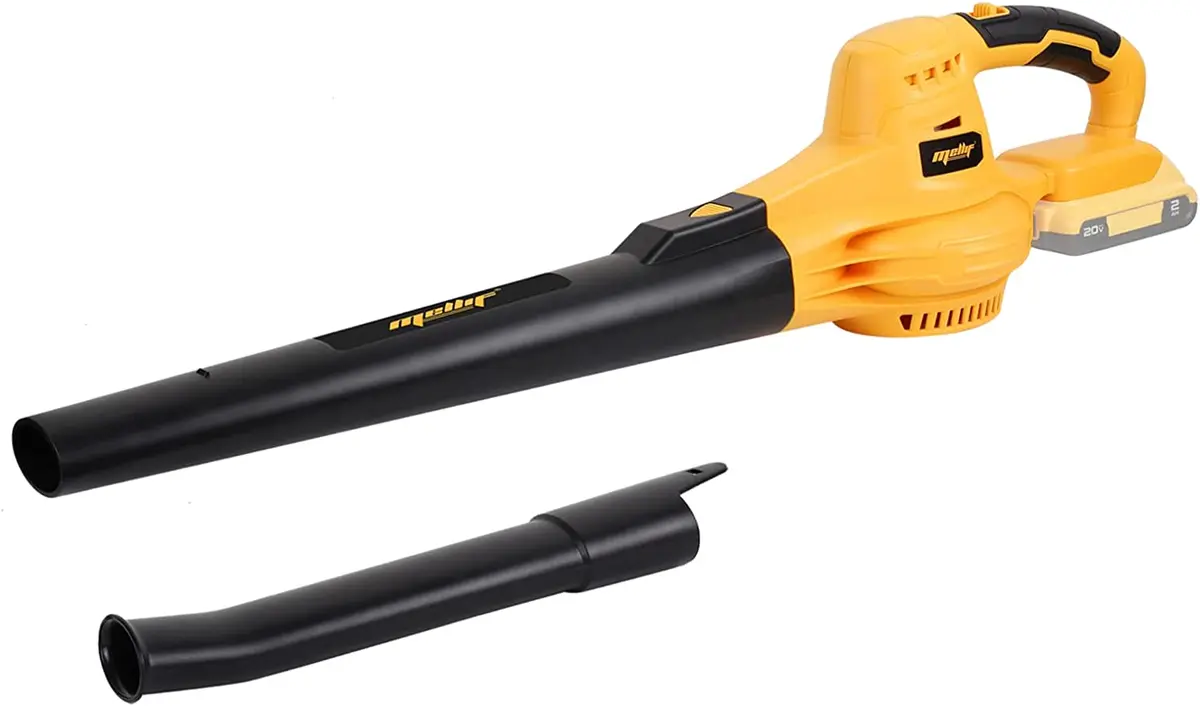
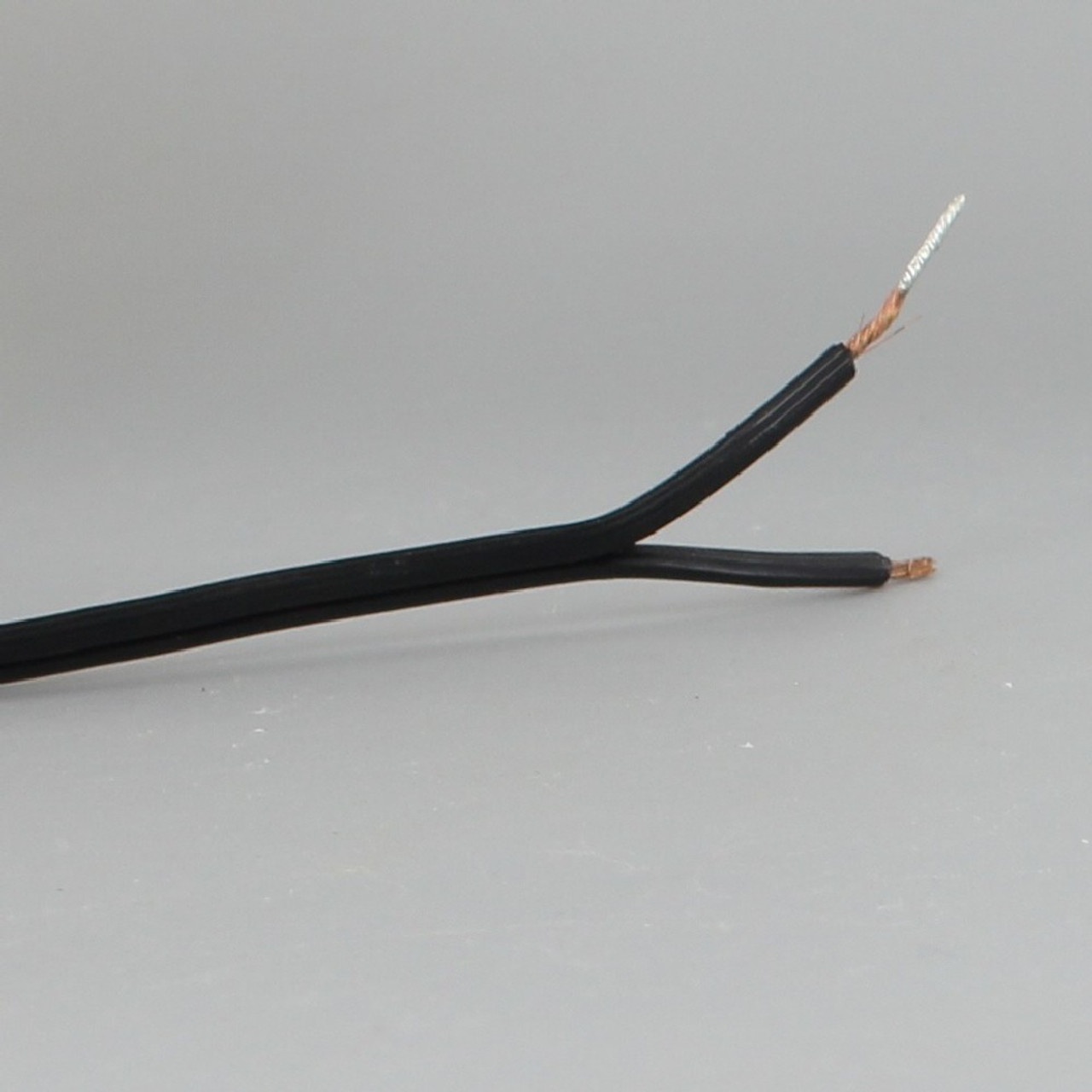
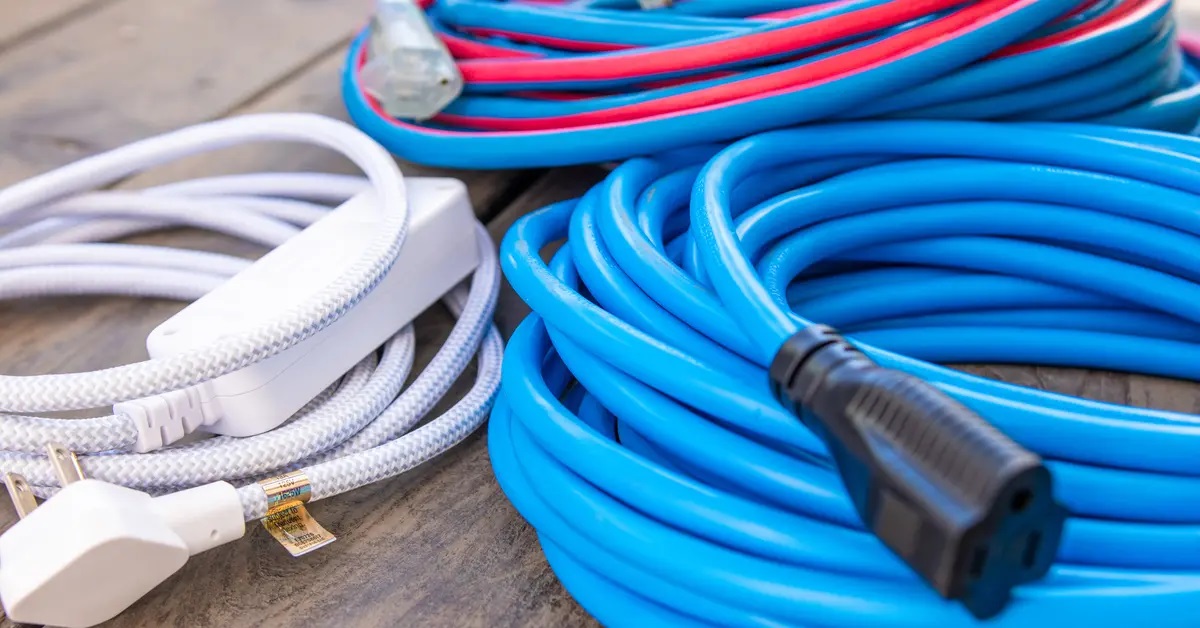
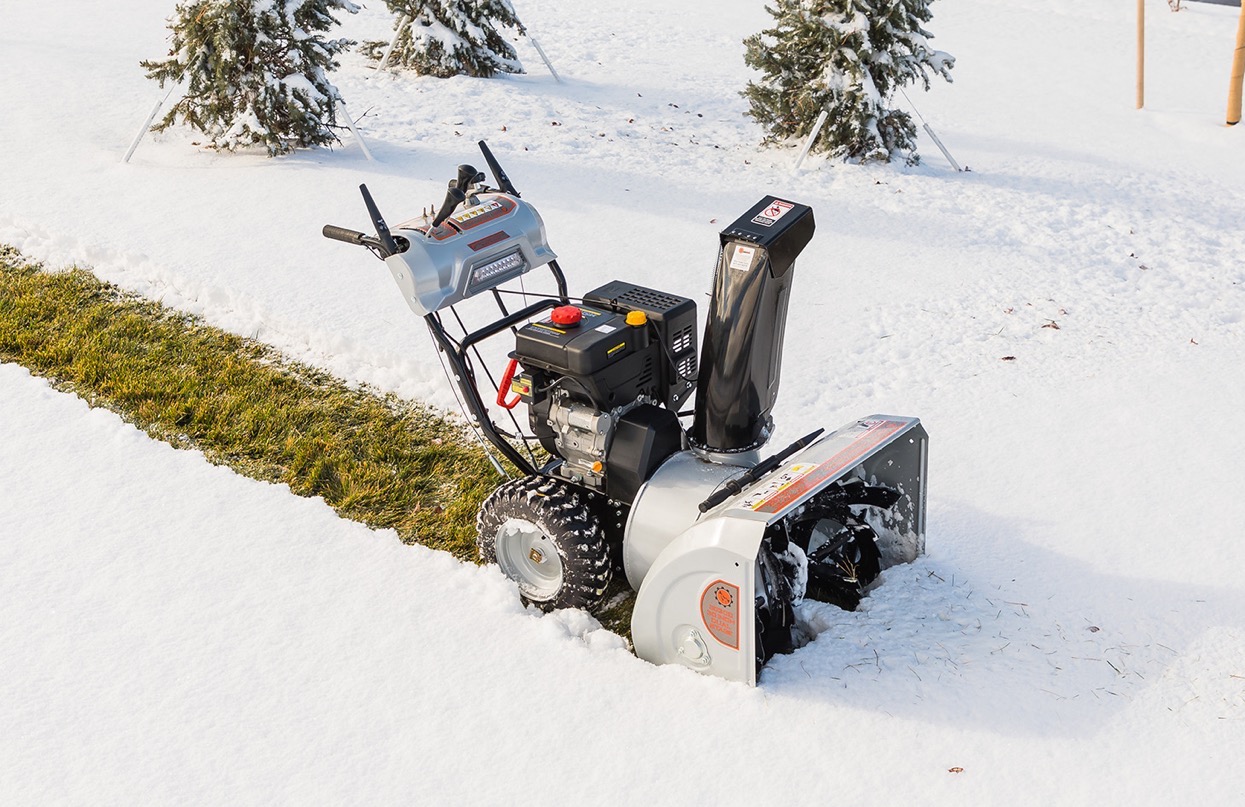
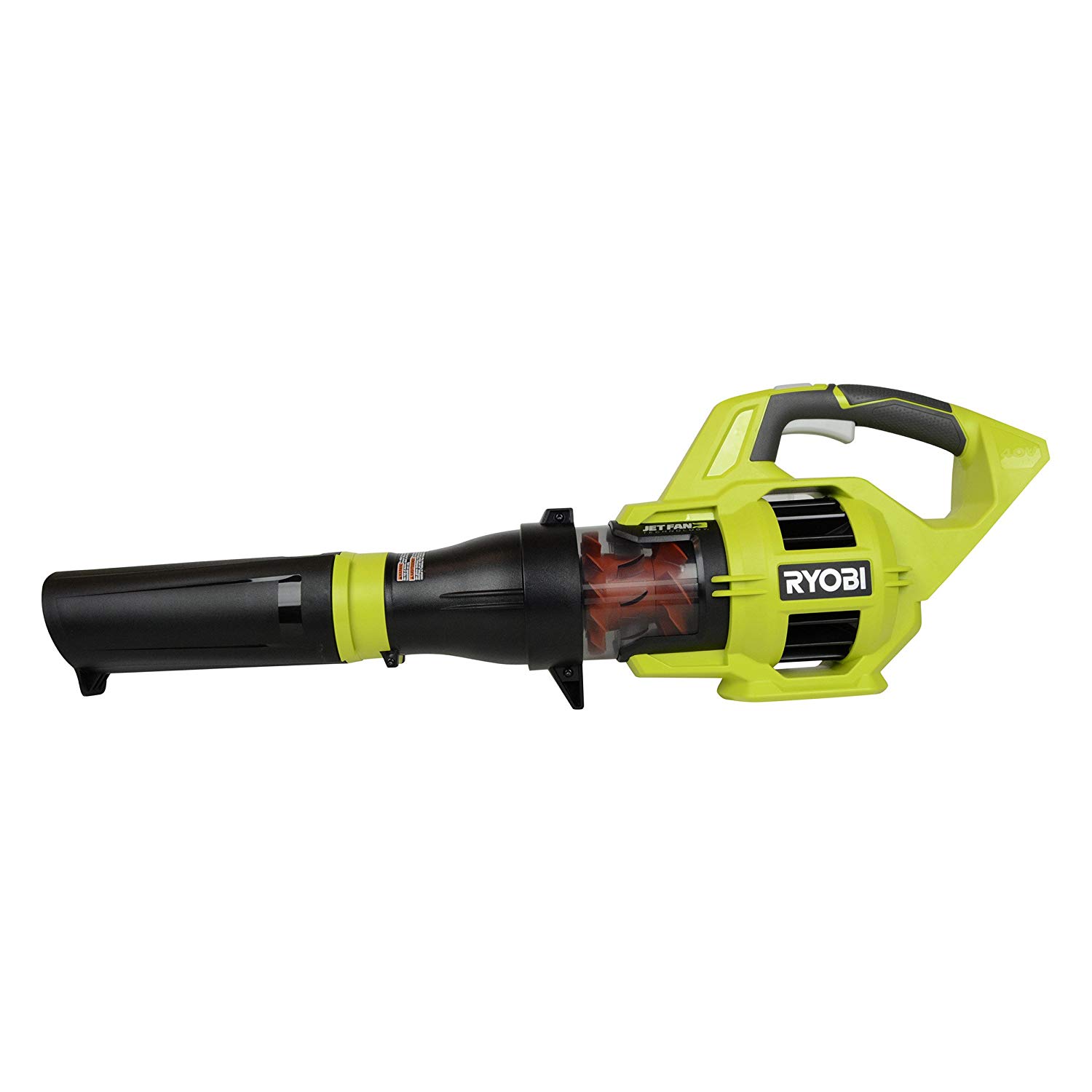
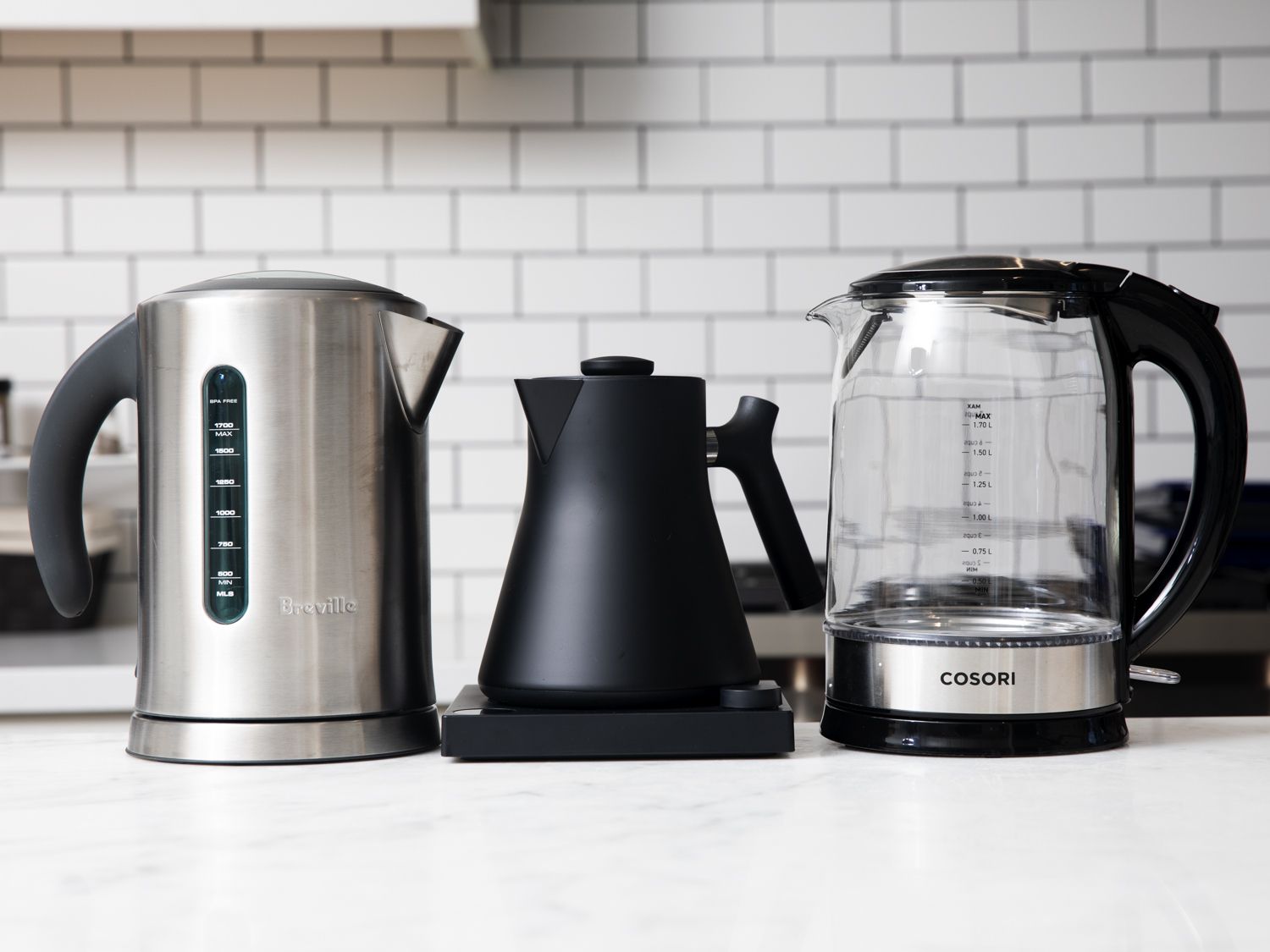
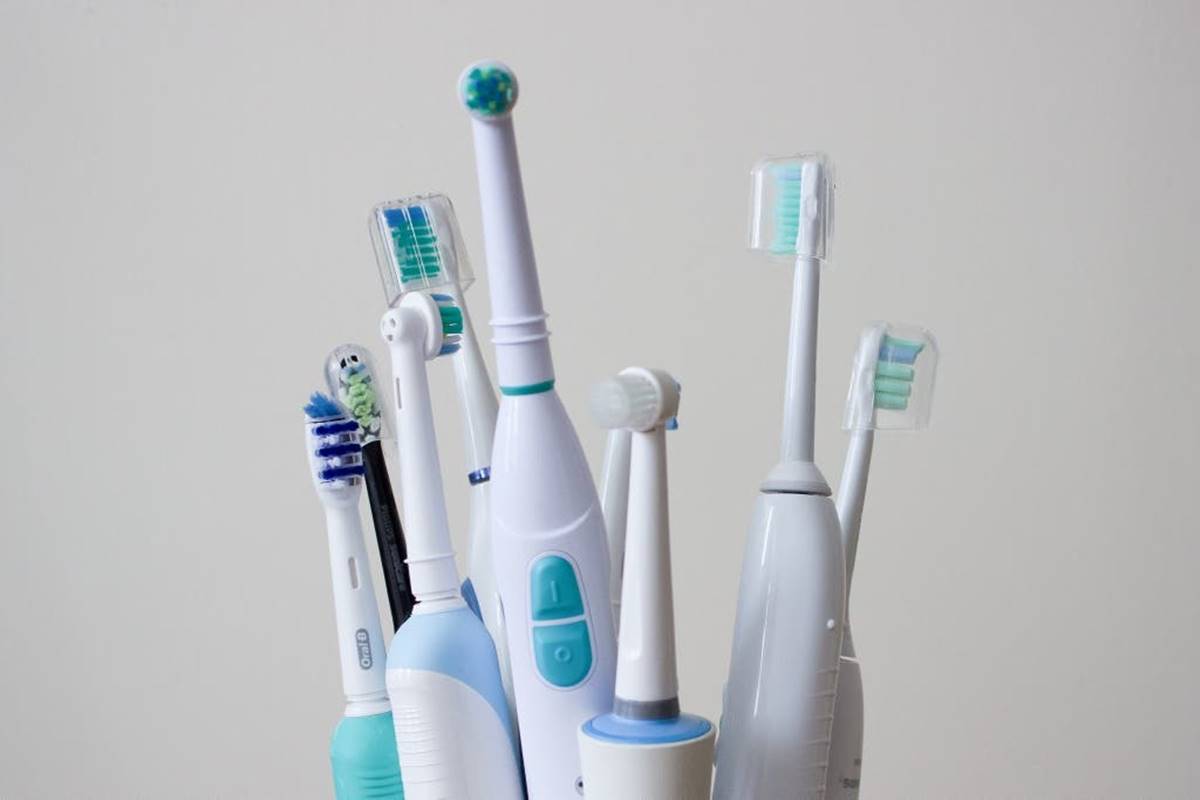
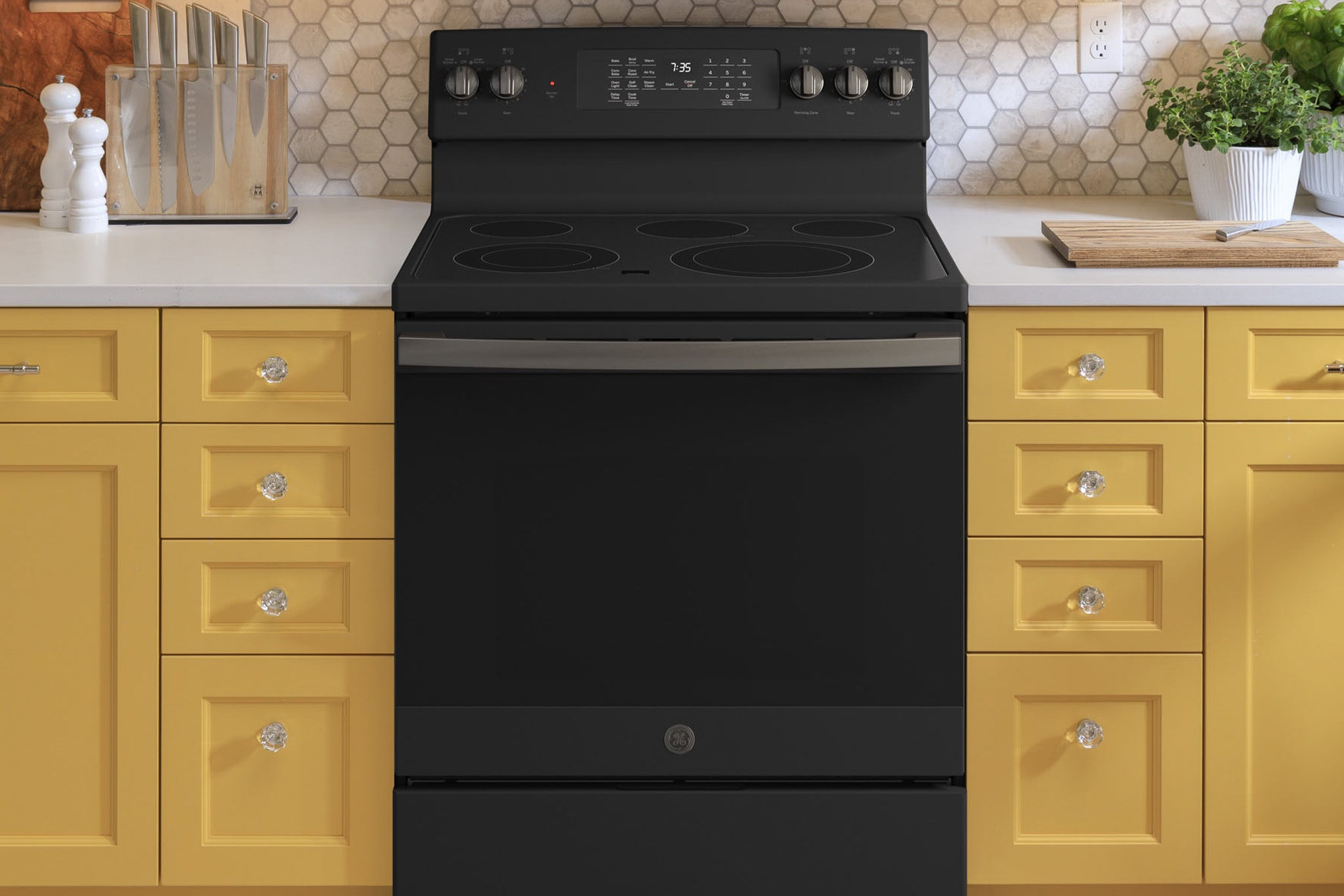
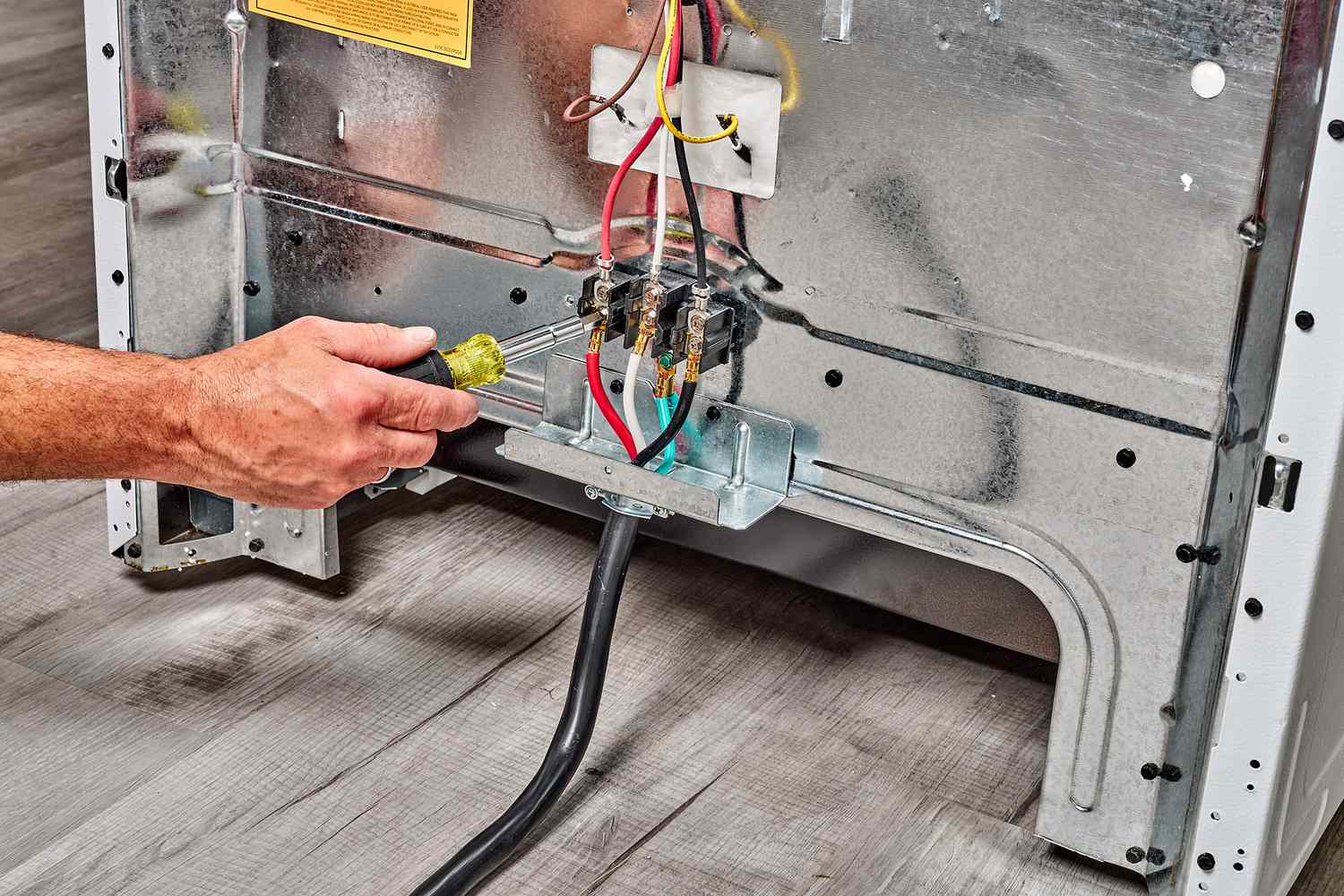
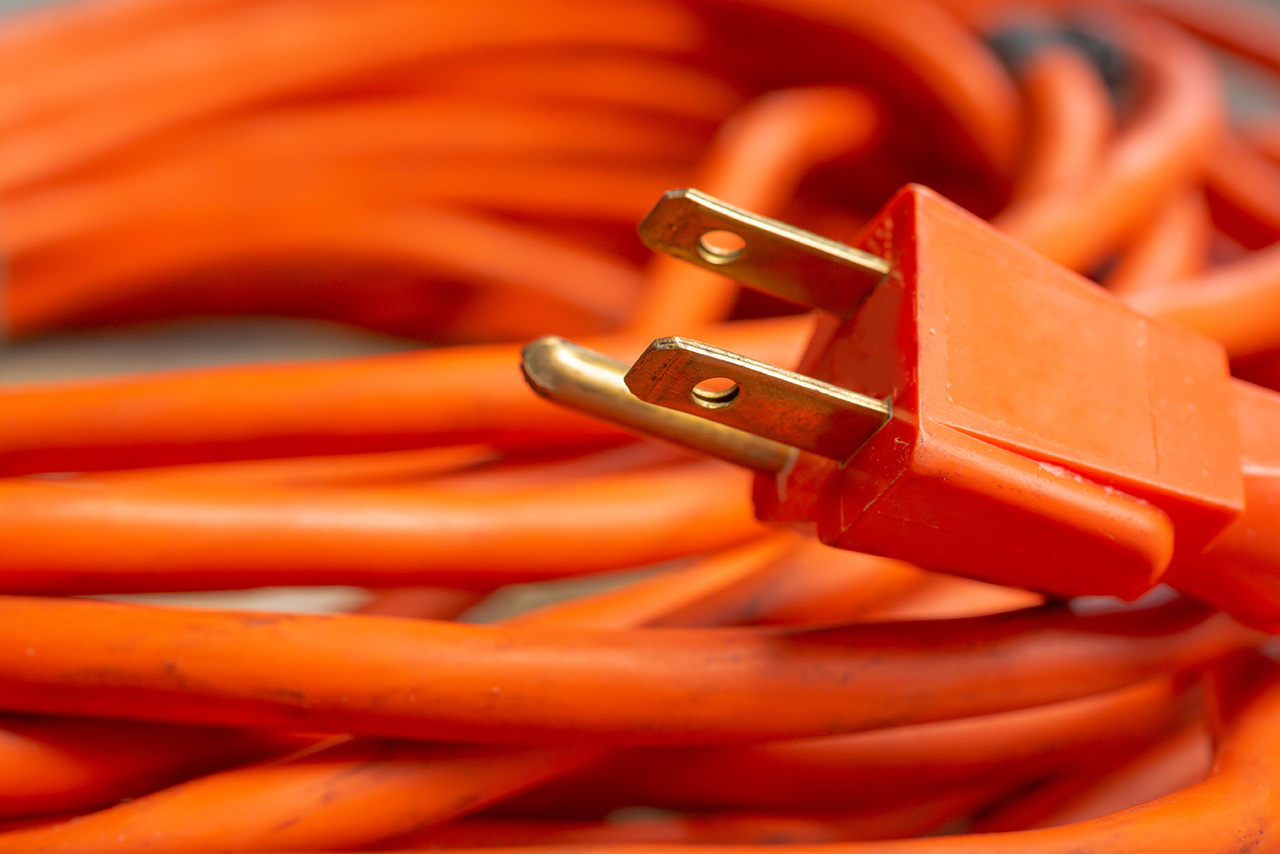

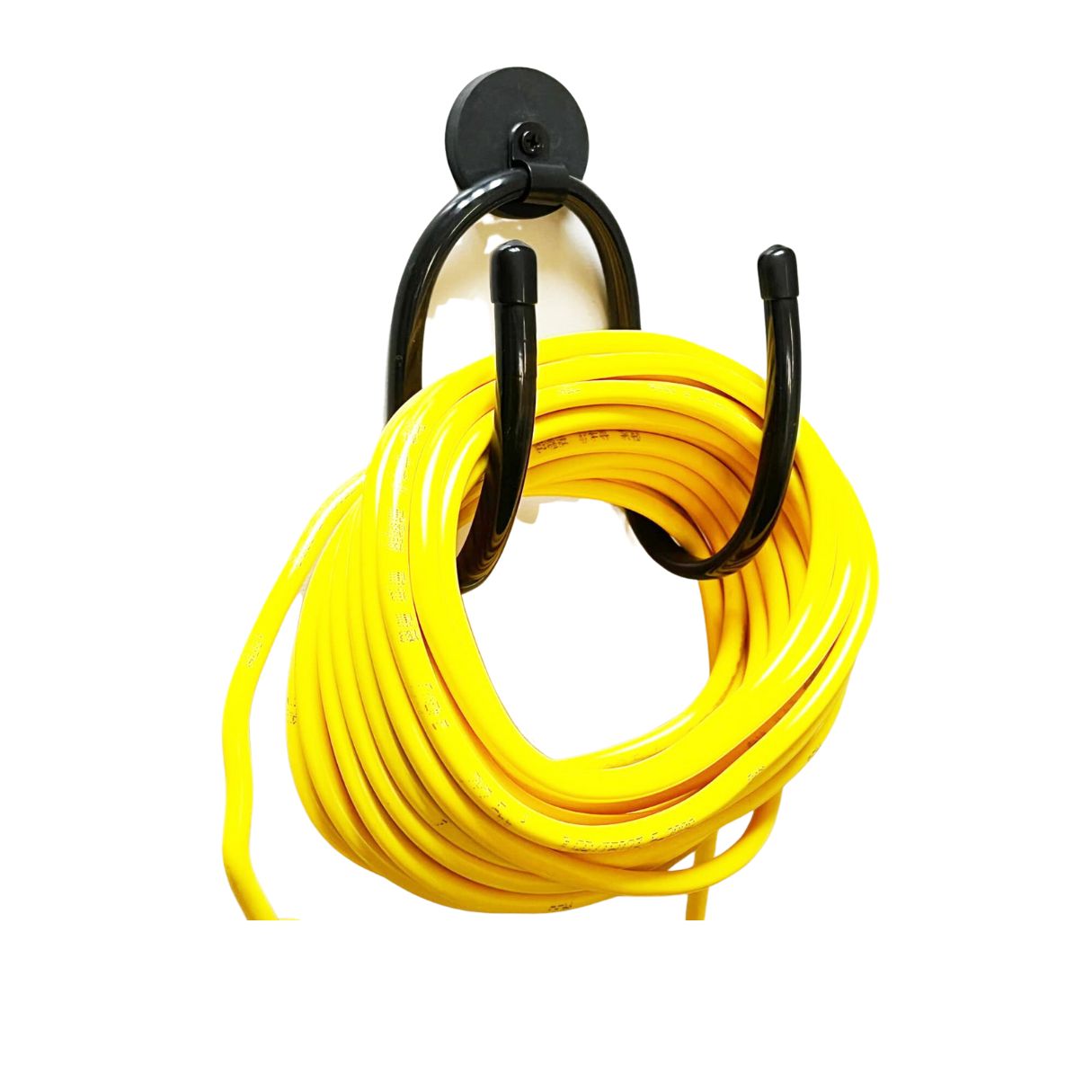
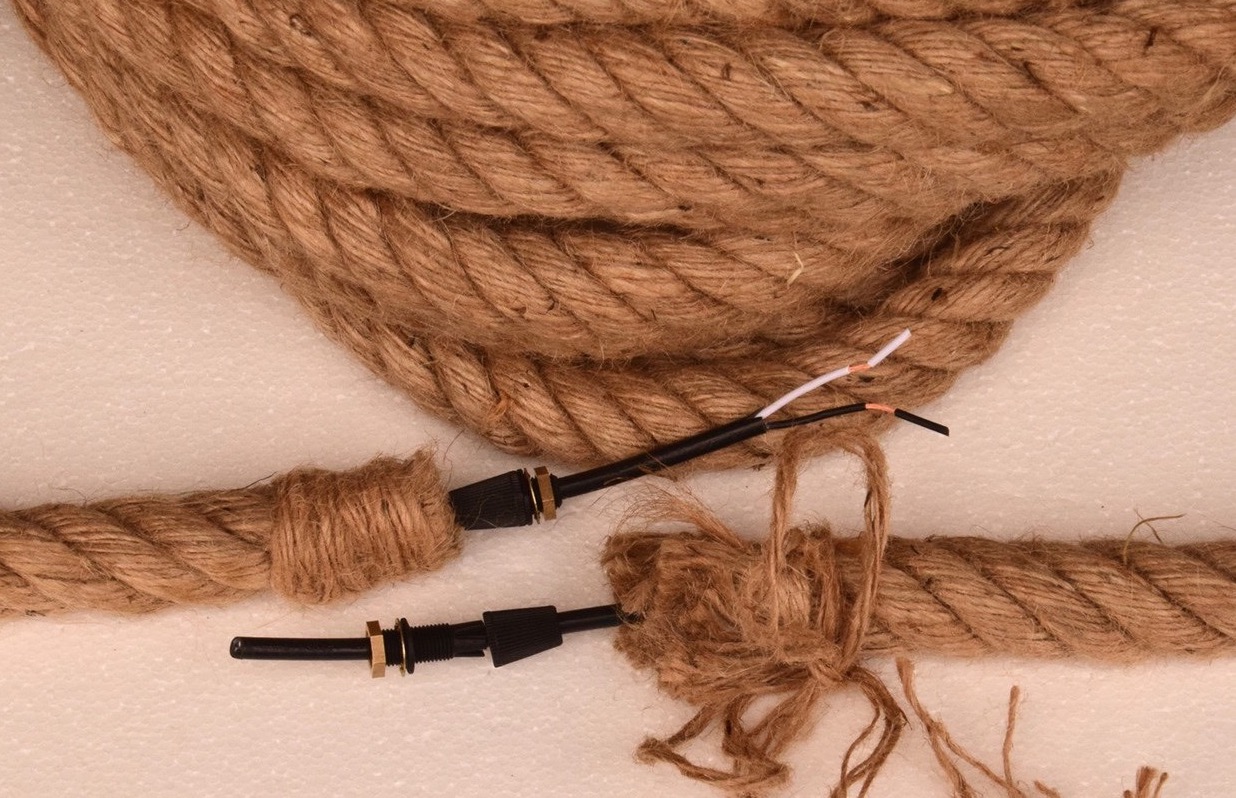
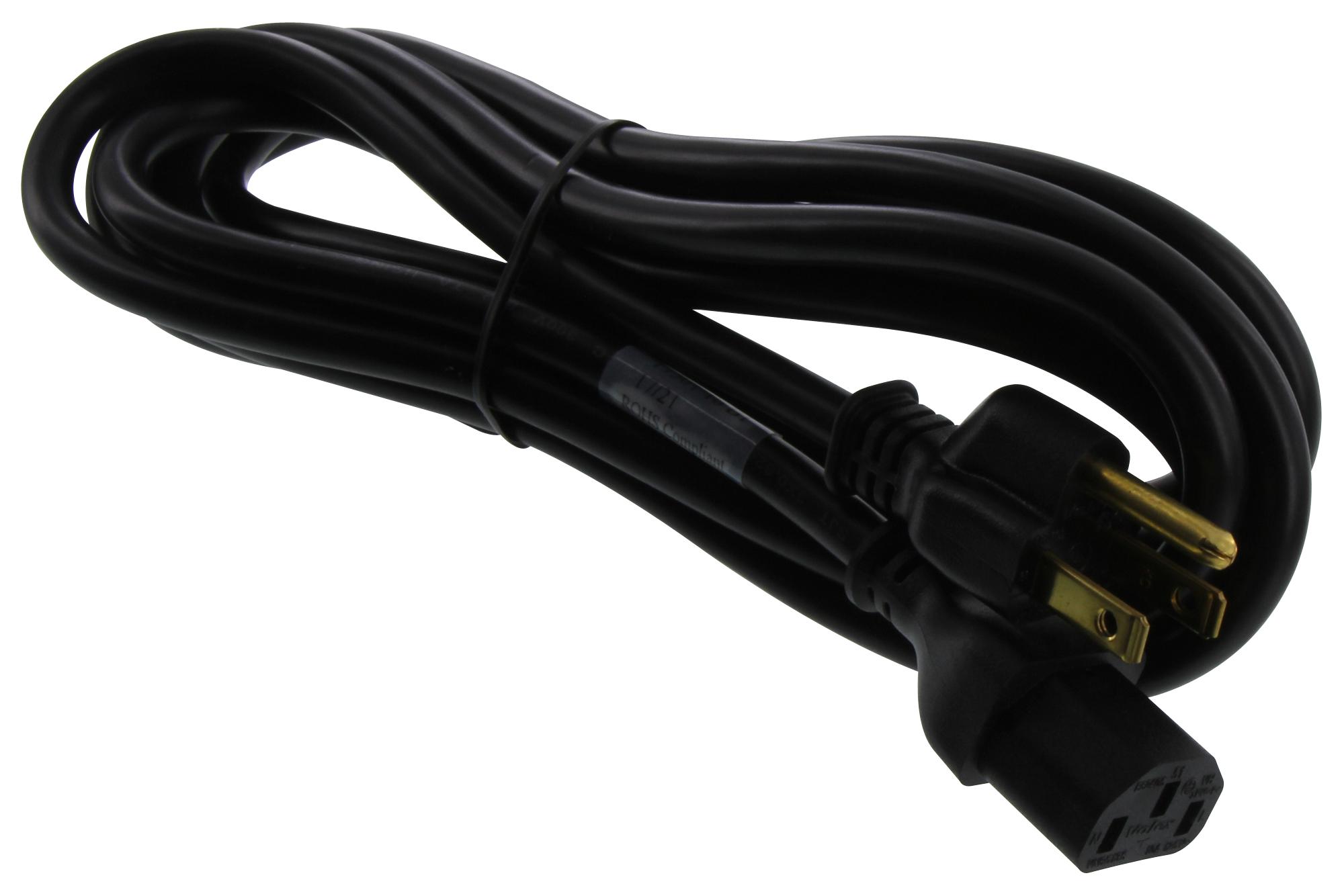

0 thoughts on “Which Electrical Cord Is Best For Snow Blower”